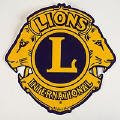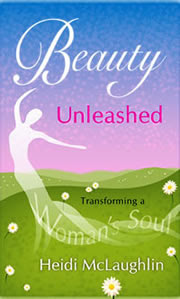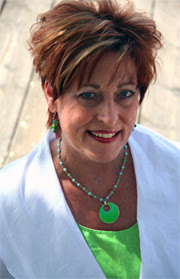 http://acicanada.ca/node/199
http://acicanada.ca/node/199More Blessed to Give
By Rev. Ed Hird+
-an article for the Nov 2007 Deep Cove Crier
For more than fifty years, I have worn a poppy each November 11th. On Remembrance Day, we give thanks for those who have given generously of their time and even their lives so that we might live in freedom. It is so easy to take freedom and security for granted. Two of my great-uncles Charlie and Harry both went off to war in World War One and never came back.
On November 19th, 1917 a caring chaplain wrote my Nana the following note: "Dear Miss Williams, I dare say you have heard the sad news of the death of your brother Private H.C.W. Williams who was killed in action on the morning of November 6th. He did not suffer as death was instantaneous."
"No doubt you will feel the loss of your dear brother very much as it is hard to part with those
"I pray that God will comfort you in your sad bereavement and may you find his grace sufficient in your hour of need. Cast your cares on the Lord and he shall sustain you. With Deepest Sympathy, Yours sincerely, Alex Ketterson Chaplain 29th Canadians, B.E.F."
My Nana had a deep faith that sustained her in the worst of times. Her faith also inspired her to be a giver rather than a taker. She knew well the Great Physician’s teaching that it is more blessed to give than to receive. Nana loved to give to others of her time, talent and treasure. One of her most precious gifts to me was a book called “Why You Say It”, which explains the fascinating stories behind over 700 everyday words and phrases. I reluctantly thanked my Nana at the time, secretly wishing that she gave me a toy instead. Years later all my toys are gone, and that book is one of my precious gifts from my childhood.
The Good Book tells us that God loves a cheerful giver. The term ‘cheerful’ in the Greek is the word ‘hilaron’, from which we get the word ‘hilarious’. Part of Canada’s Judeo-Christian heritage is a valuing of generosity. It is so important that when we give to others, we do it cheerfully, not grudgingly like the infamous Mr. Scrooge.
 A good example of cheerful giving in the Seymour/Deep Cove area is the Lions Club with the wonderful housing complexes that they have developed. As Canadians, we need to keep growing in our generosity to others in need. Recent studies by the Fraser Institute found that charitable giving as a percentage of aggregate income in the United States is double the giving in Canada (1.67 per cent vs. 0.72 per cent).
A good example of cheerful giving in the Seymour/Deep Cove area is the Lions Club with the wonderful housing complexes that they have developed. As Canadians, we need to keep growing in our generosity to others in need. Recent studies by the Fraser Institute found that charitable giving as a percentage of aggregate income in the United States is double the giving in Canada (1.67 per cent vs. 0.72 per cent).The Bible tells us that God has a real heart for widows, orphans, strangers, and the poor. My challenge to each of us this Remembrance Day is for us to look for ways in which we can show our gratitude for the sacrifices made by others. The gift of democracy does not come cheap. If we are really grateful for the privilege of living in one of the most beautiful countries on planet earth, how might we say thanks?
The Rev. Ed Hird+
Rector, St. Simon’s North Vancouver, BC
Anglican Coalition in Canada
http://www3.telus.net/st_simons




